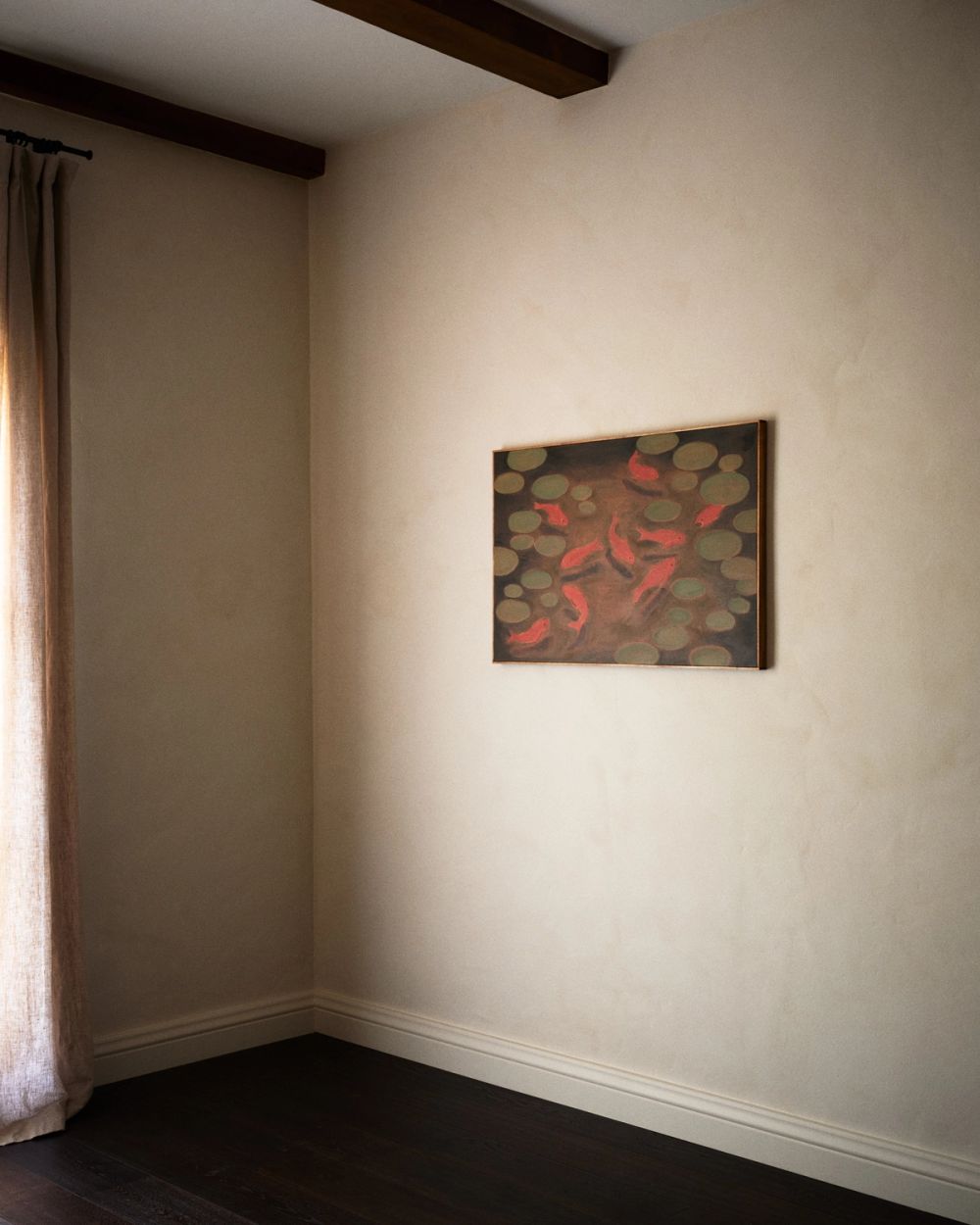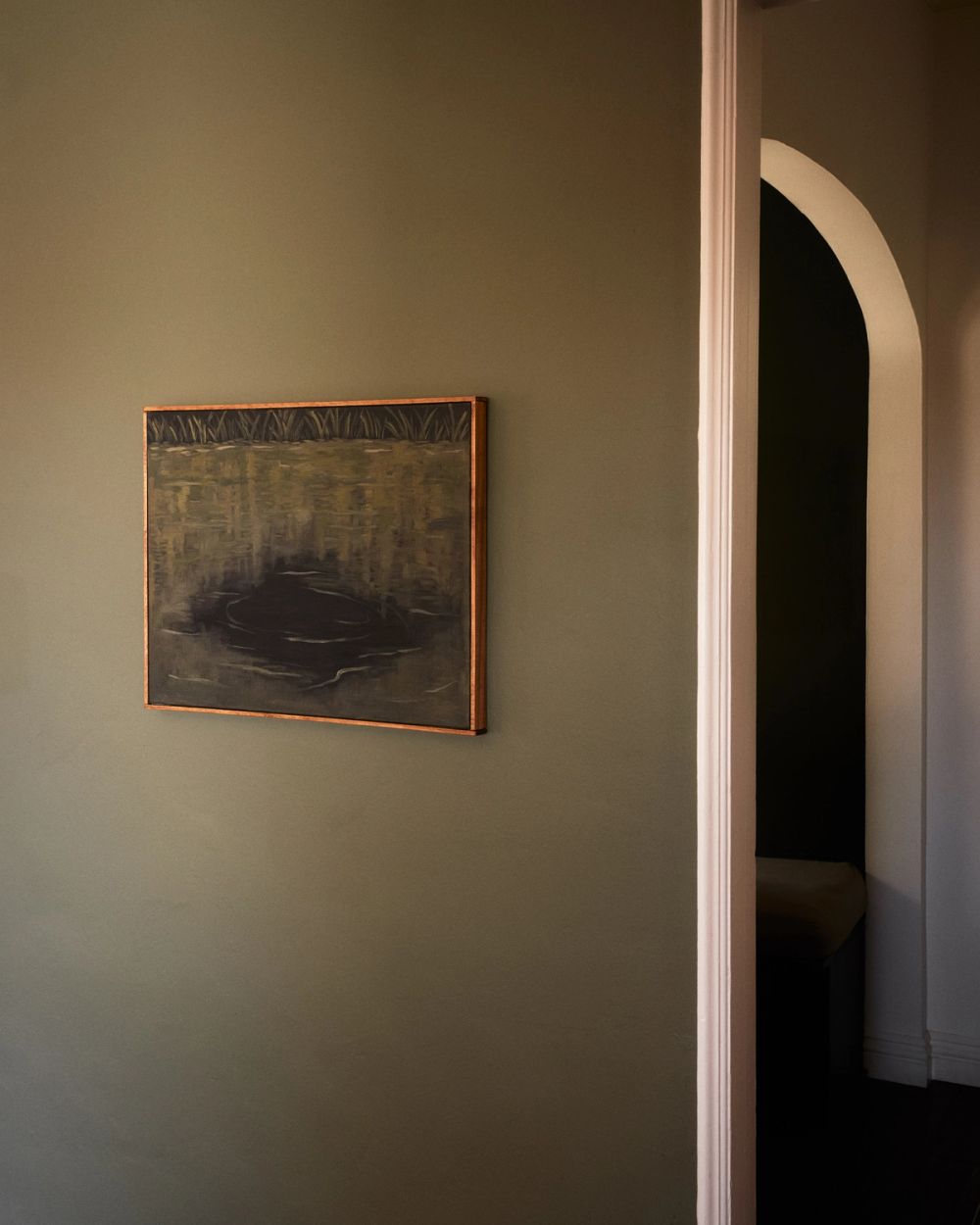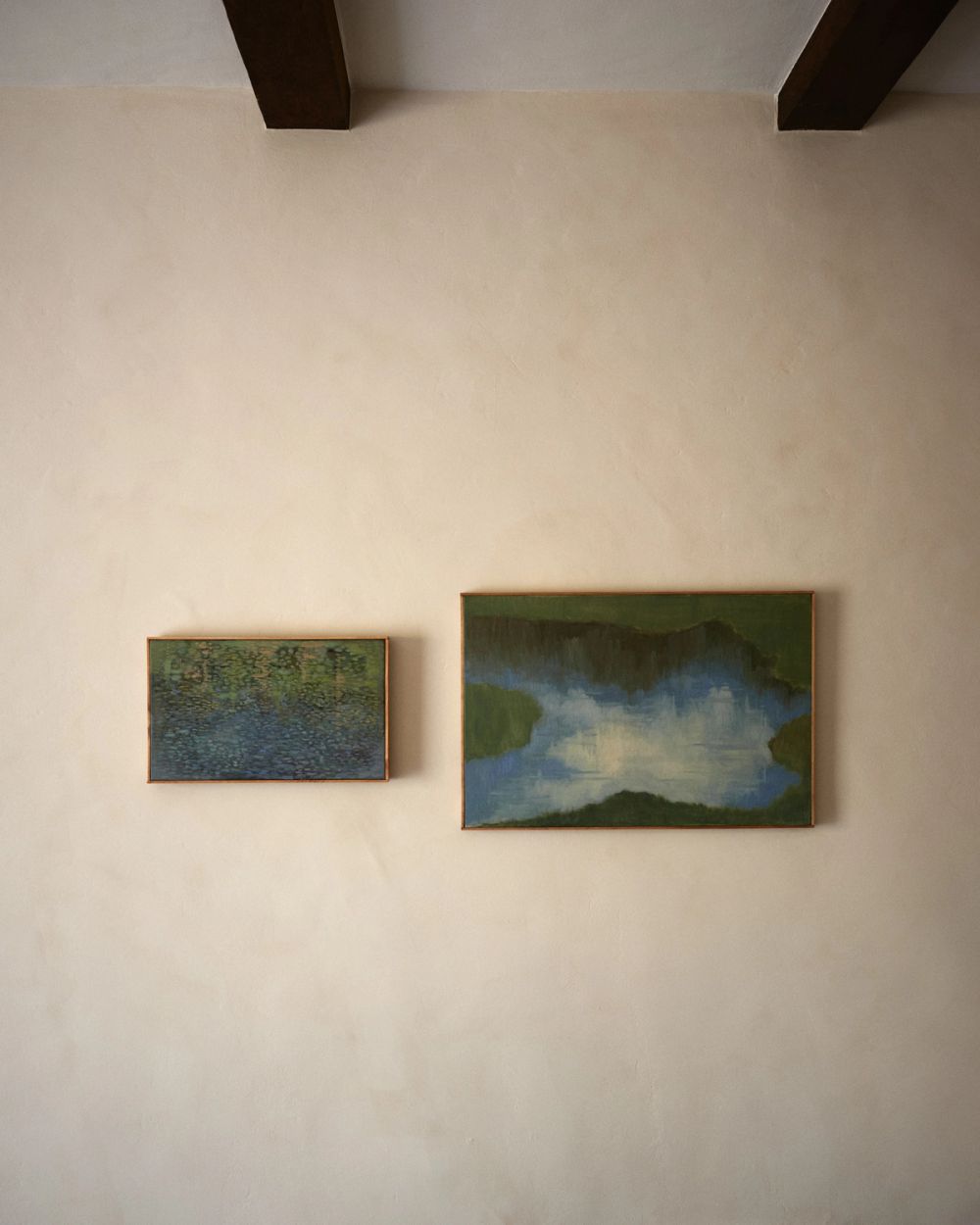John Zabawa: Uncharted WatersOct 29 – Nov 8, 2025
In this new body of work, John Zabawa turns to water as one of humanity's most enduring symbols — revered across millennia and cultures as both life-giving force and sacred material. From the Nile's Hapi to Hinduism's Ganga, from West African Oshun to the Ojibwe water ceremonies, civilizations have honored water through ritual, offering and art. Zabawa's paintings draw from this rich lineage while carving out distinctly personal territory: these are not the manicured garden ponds of Impressionist estates, but rather, wild, prehistoric water bodies — untamed and unseen, interpretations of the Midwestern landscapes of his childhood.
Working with a restrained palette of blacks, sparse greens, yellows, and browns, Zabawa creates water from darkness, unveiling depths that invite contemplation. Influenced by land artist Andy Goldsworthy and the philosophical lens of Zen poetry — where "nature's outward expression reveals inner knowing" — these murky, beautifully chaotic ponds become mirrors for the viewer's own memories and relationship to water. In each work, Zabawa offers a space for reflection, reminding us that water, which binds us all together, has the capacity to reveal our individual sense of place and purpose.
On view at Casa Francis, from October 29 — November 8, 2025.
Kindly book your Casa Francis appointment here.
Words
- Rosa Park
Photos
- Rich Stapleton
Featured works
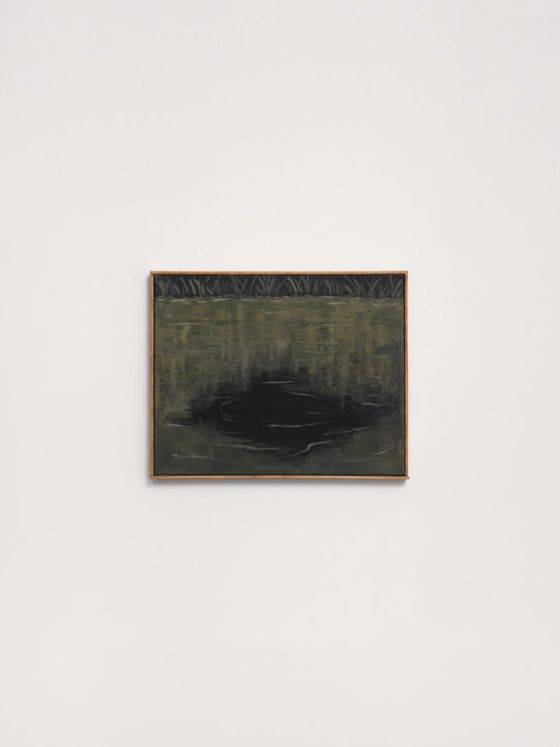
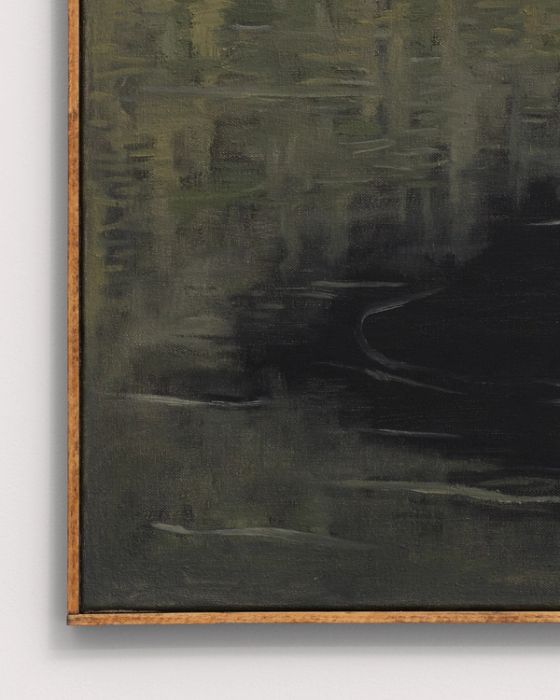 LA Gallery
LA GalleryJohn ZabawaPond at Night, 2025
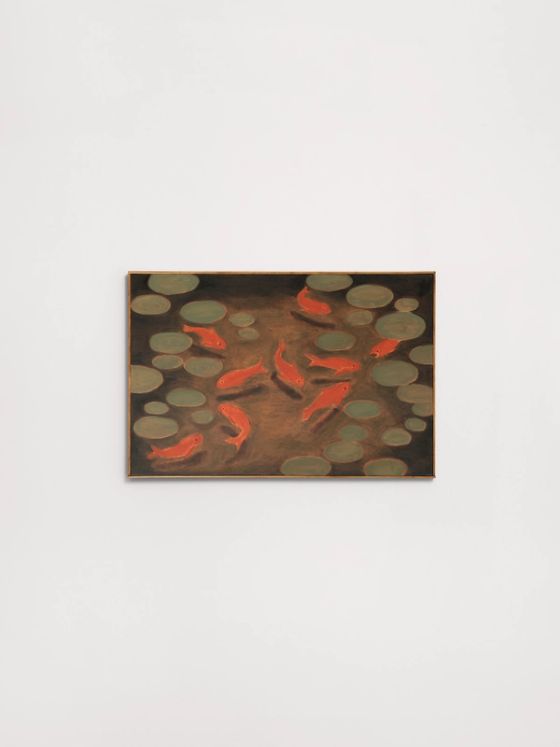
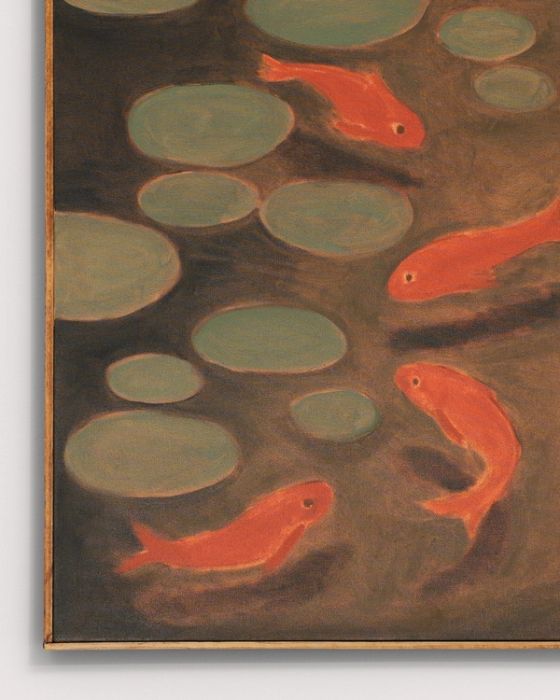 LA Gallery
LA GalleryJohn ZabawaFish In The Pond, 2025
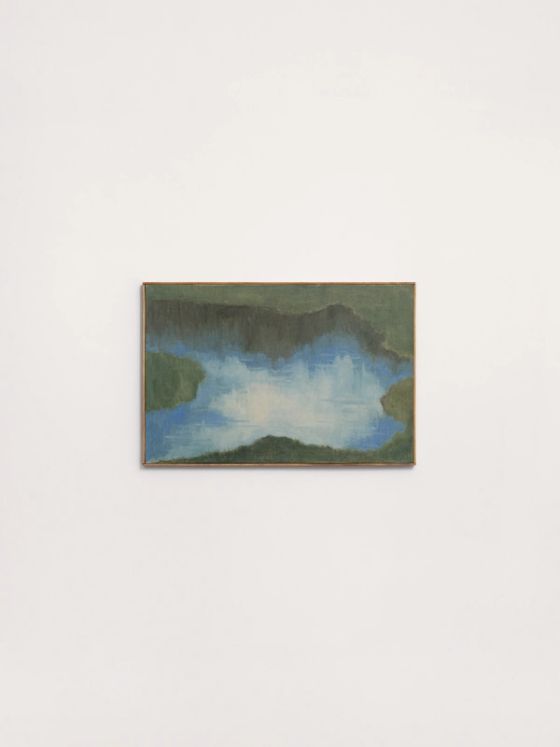
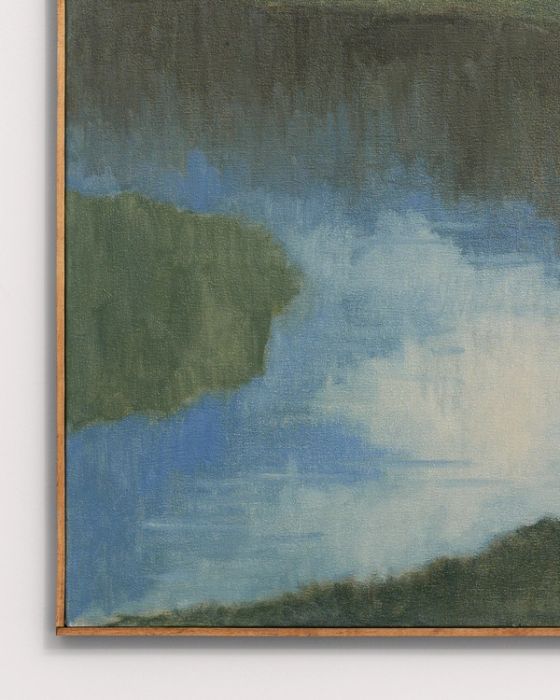 LA Gallery
LA GalleryJohn ZabawaClouds Sailing, 2025
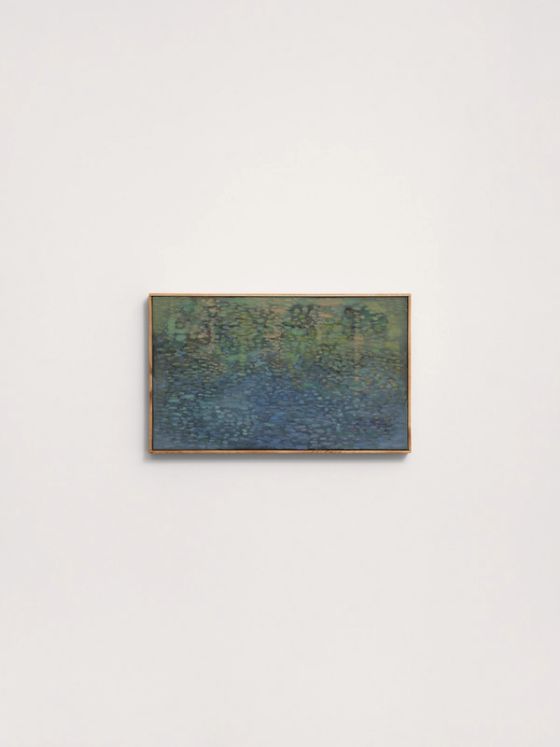
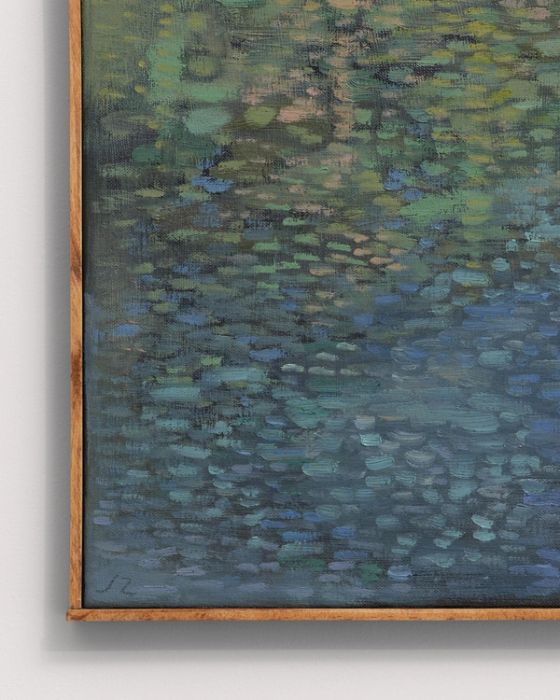 LA Gallery
LA GalleryJohn ZabawaReflets sur l’eau, 2025
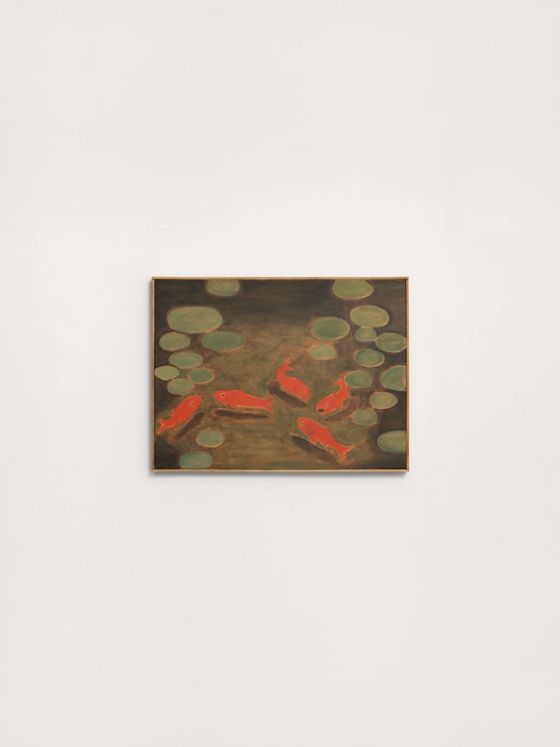
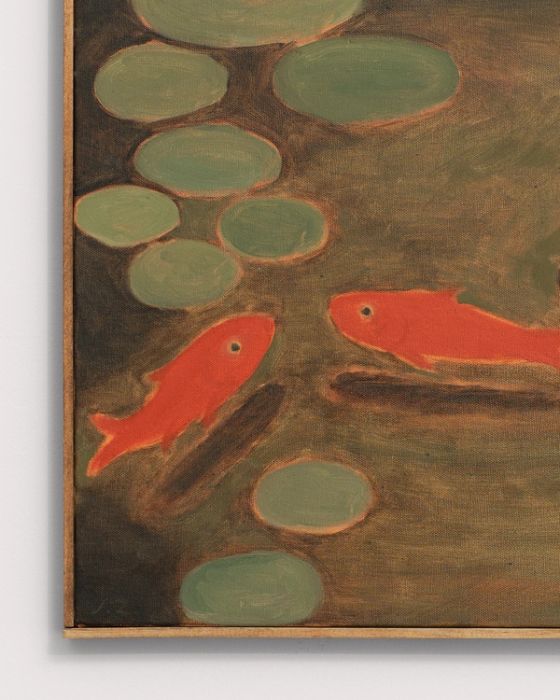
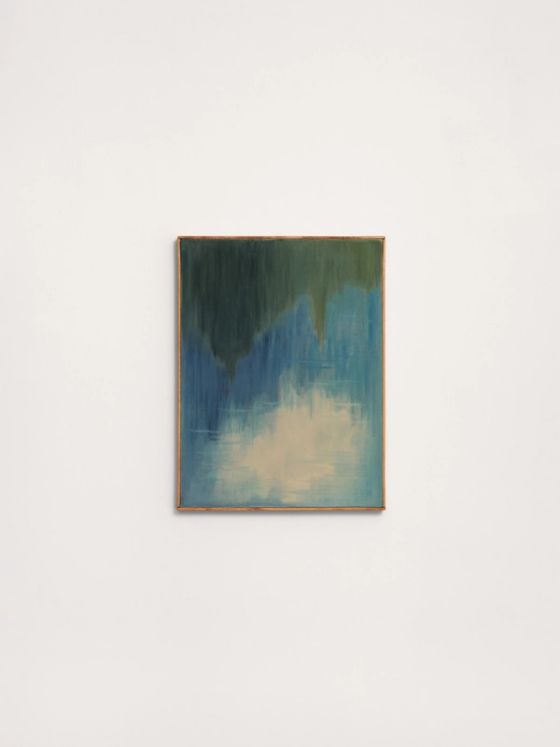
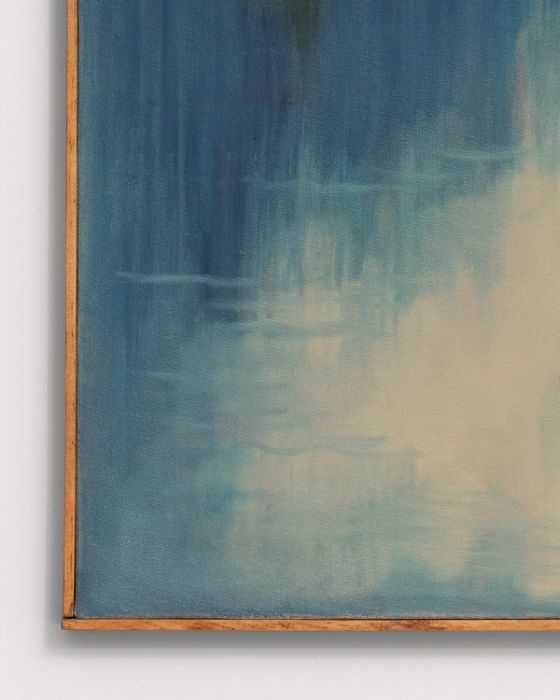 LA Gallery
LA GalleryJohn ZabawaThe Sky, 2025
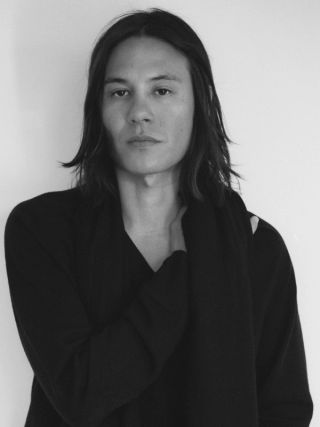
Spanning minimalist presentations and classical still lives, painter John Zabawa is not married to any school or style – instead, he seeks the best way to convey his message, to express something of himself and his process.
Related exhibitions
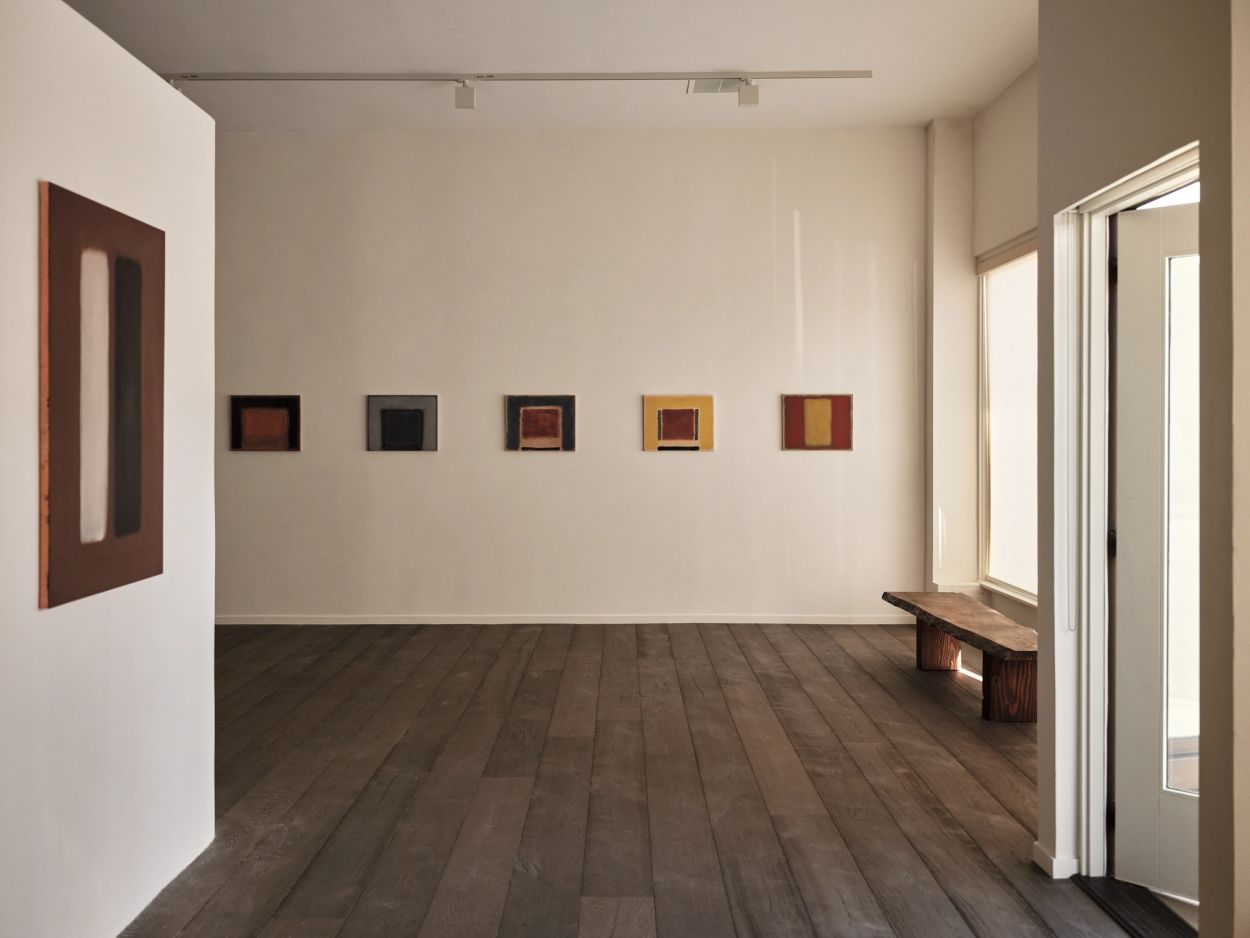
Illuminations can be both literal and metaphorical; one can illuminate with light or with knowledge. The latest body of work by the American painter, John Zabawa, developed out of this double meaning, their painted surfaces radiate outwards, their colours shimmering like the edges of the sun.
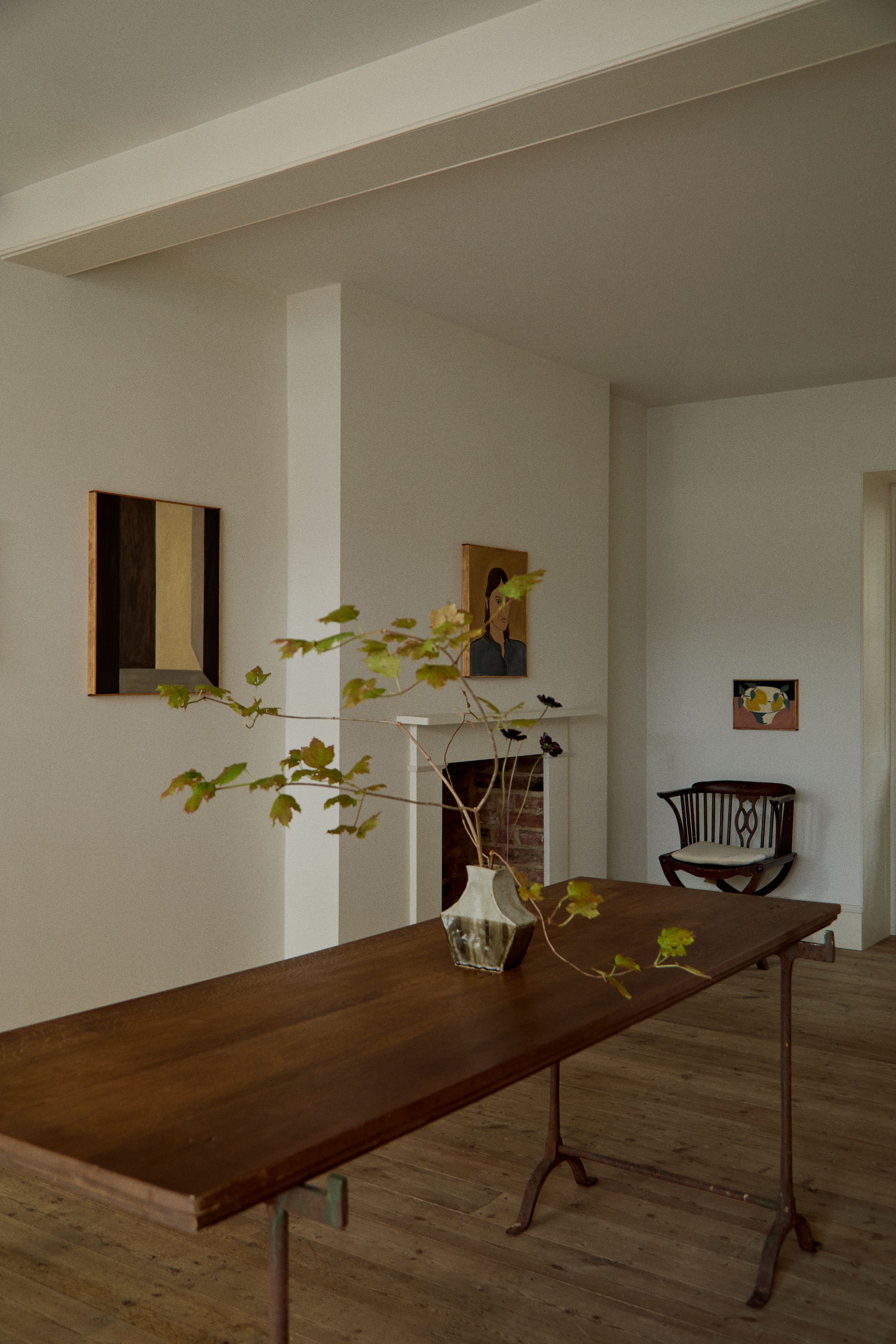
It is a hot, late September morning—quite typical of early autumn in California, but still tangibly at odds with the deepening quality of the light. I thread between lived-in Echo Park residences to climb the narrow stairs to John Zabawa’s studio, a small converted two-bedroom house that fits neatly within the domestic vernacular of the neighborhood. A pot is boiling on the stove of the kitchenette to make a cup of tea. Somehow, this detail, however slight, feels essential to the context—the paintings that rim the rooms are small domestic scenes: a flower arrangement, a plant, a portrait of a friend, a plate of lemons, a bottle of wine flanked by two half-filled glasses. Perched on a disused radiator, a platter holds nine lemons, unfussily arranged, their peels beginning to tarnish slightly the way peels do when left to the elements.
